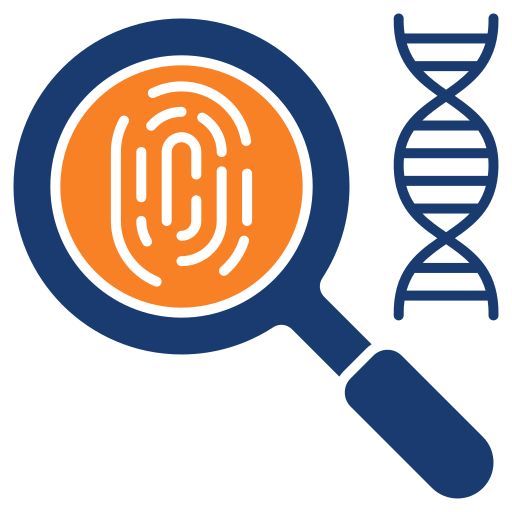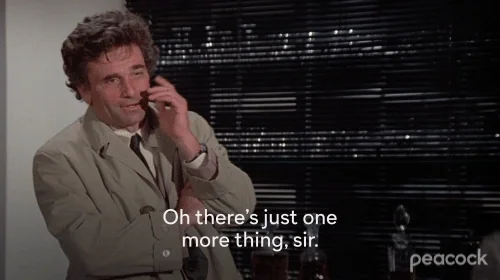
This logo isn't an ad or affiliate link. It's an organization that shares in our mission, and empowered the authors to share their insights in Byte form.
Rumie vets Bytes for compliance with our
Standards.
The organization is responsible for the completeness and reliability of the content.
Learn more
about how Rumie works with partners.
Ah...the thrill of solving crimes!
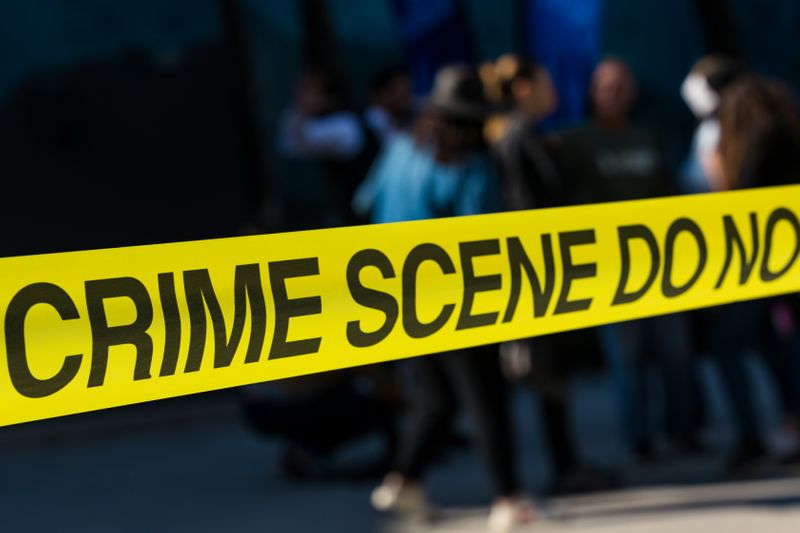 Photo by JOSHUA COLEMAN on Unsplash
Photo by JOSHUA COLEMAN on UnsplashBut, do you have what it takes to become a forensic investigator?
You'll need a specific skill set, some on-the-job training, and maybe even a degree.
What education do I need to become a forensic investigator?
 Entry level
Entry level
Earning an associate's degree in a forensic-related field (forensic science, criminal justice) may allow you to secure an entry-level position in a police agency.
You might be able to work your way up the ranks from there, especially if you can specialize in areas like latent evidence and get a certification for it.
 Get a degree
Get a degree
Earning a bachelor's degree or even a master's degree in criminal justice or a related discipline is often necessary to obtain a job as a forensic investigator.
You may even consider earning a doctorate to sharpen your skill set for a particular specialization that's useful in the field, such as forensic anthropology (examining human remains) or entomology (insect studies).
Numerous colleges offer degrees from associate to doctorate in forensics.
Choose a specialization
Forensic investigation is a specialized field. Choosing a specialty while earning a degree, like cybercrime, ballistics (how bullets and guns work), or fingerprints, helps you hone your skill as an investigator in that field and makes you more competitive as a forensic investigator.
Did you know?
You can become a crime scene technician with a general education diploma (GED) or high school diploma. Some employers may require some additional training or even an associate's degree within a relevant field.
What other skills do I need to become a forensic investigor?
Professionalism
A forensic investigator must "maintain the highest level of objectivity" they can muster when investigating criminal evidence. They must remain unbiased during their investigation. They have to be open-minded, non-judgemental, and truthful.
Written & verbal skills
Forensic investigators report their findings to others, including attorneys and courts. They must communicate well and effectively in writing and speech.
Analytical & critical thinking
Forensic investigators must "consider all conceivable possibilities and rule out all viable options" when examining criminal evidence.
Problem solving
Forensic investigators will use their analytical and critical thinking skills to brainstorm, analyze answers, and implement the best solutions.
Attention to detail
Forensic investigators must notice the most minor details and distinctions when examining and documenting evidence.
Mathematics & science
Forensic investigators will need math to calculate and analyze numerical data, using different scientific techniques.
Quiz
You’re called to a crime scene. What is the best way to stay unbiased during the investigation?
Professionalism is crucial for forensic investigators to maintain the highest level of objectivity when investigating criminal evidence. It allows forensic investigators to be open-minded, nonjudgmental, and truthful.
How do I get a foot in the door?
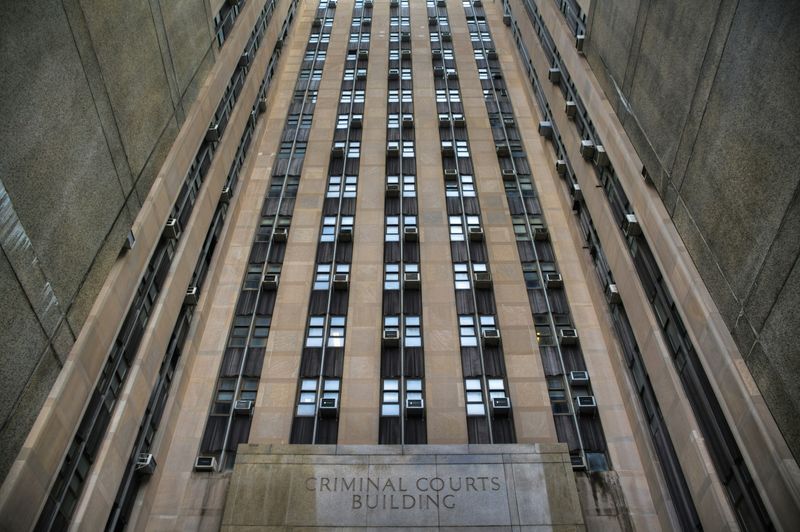 Photo by Scott Rodgerson on Unsplash
Photo by Scott Rodgerson on UnsplashAfter getting your degree, you may wonder how to stand out and land your desired job.
Did you know?
A crime scene investigator or forensic investigator (CSI, for short) "is a professional who studies the sites where criminal activity previously occurred." They study crime scenes and identify pieces of evidence. The CSI documents and collects evidence, takes photos, and writes detailed notes of record.
A crime scene technician — often called a forensic evidence technician — analyzes criminal evidence in a laboratory environment. Technicians preserve the evidence by correctly labeling, storing, and transporting it to ensure its integrity.
Take Action
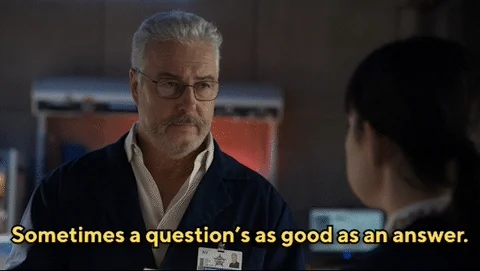
Are you still interested in becoming a forensic investigator? Check with your local law enforcement agency and discover what it would take to get into the field. Then, earn your credentials and start investigating!
Are you still trying to decide if Forensic Investigation is right for you? These other Bytes might help you decide:
This Byte has been authored by
Wendy McMillian
Learning Designer
B.S., M.A.T.
